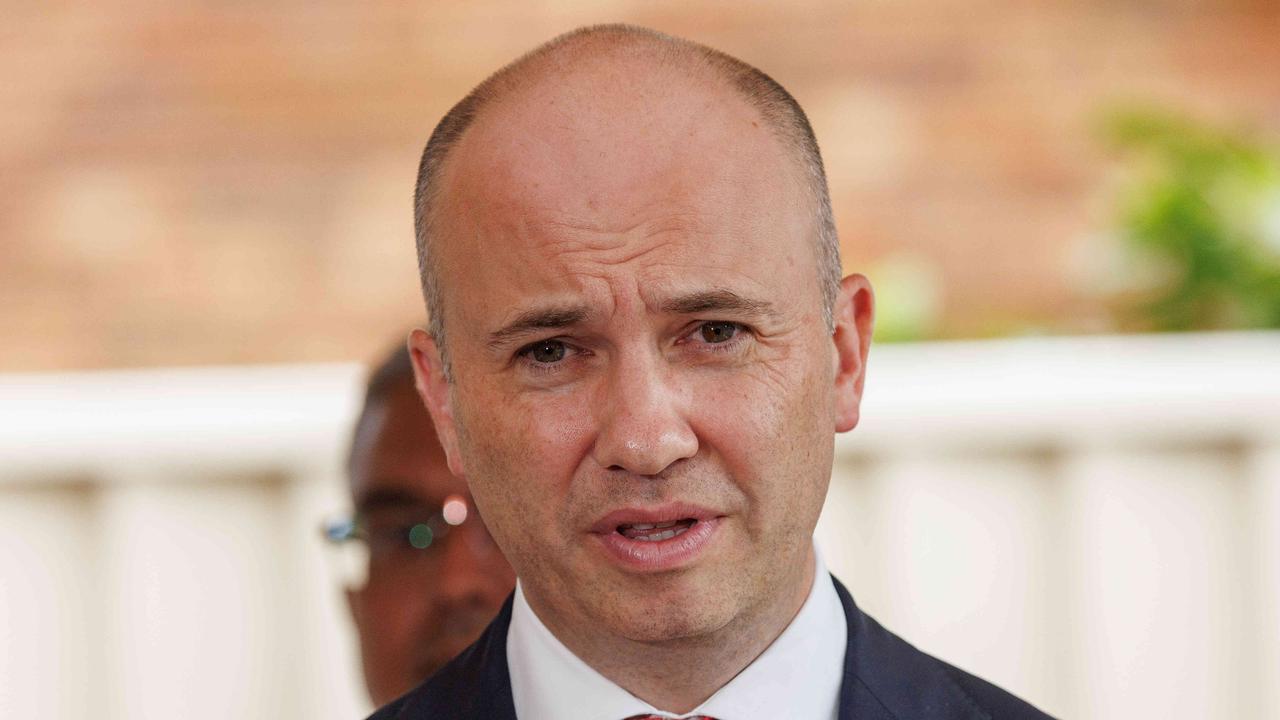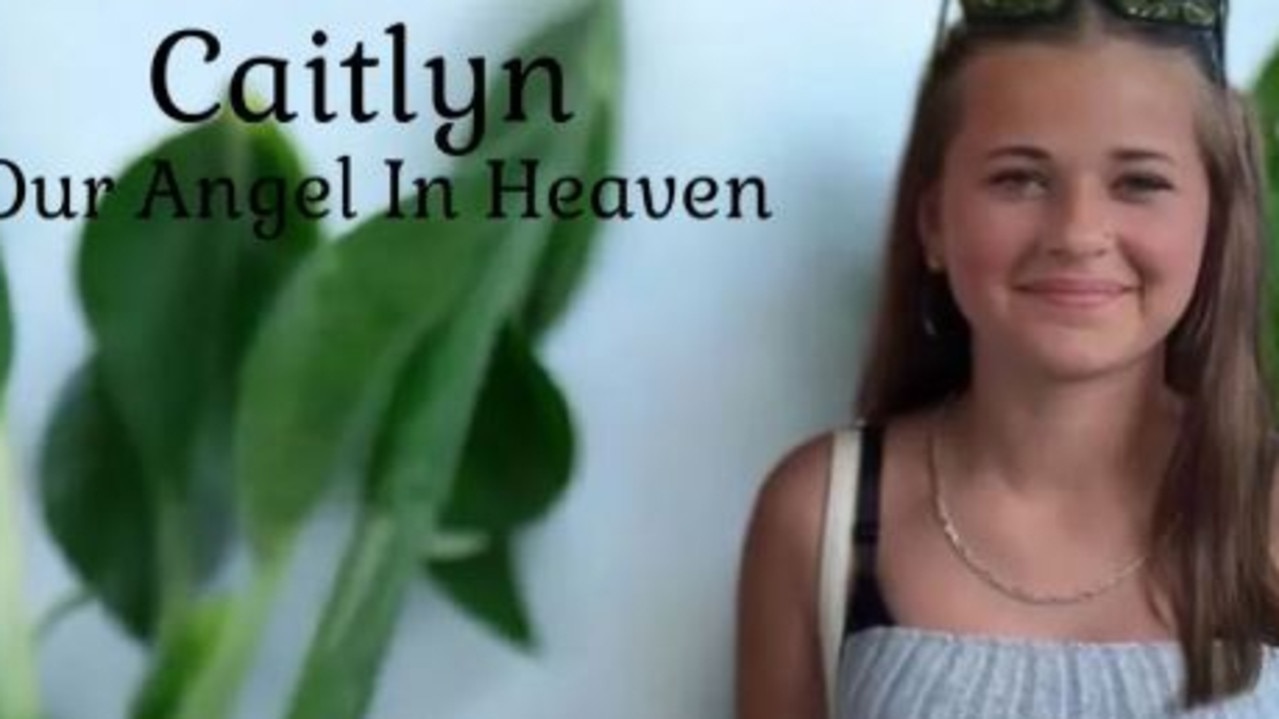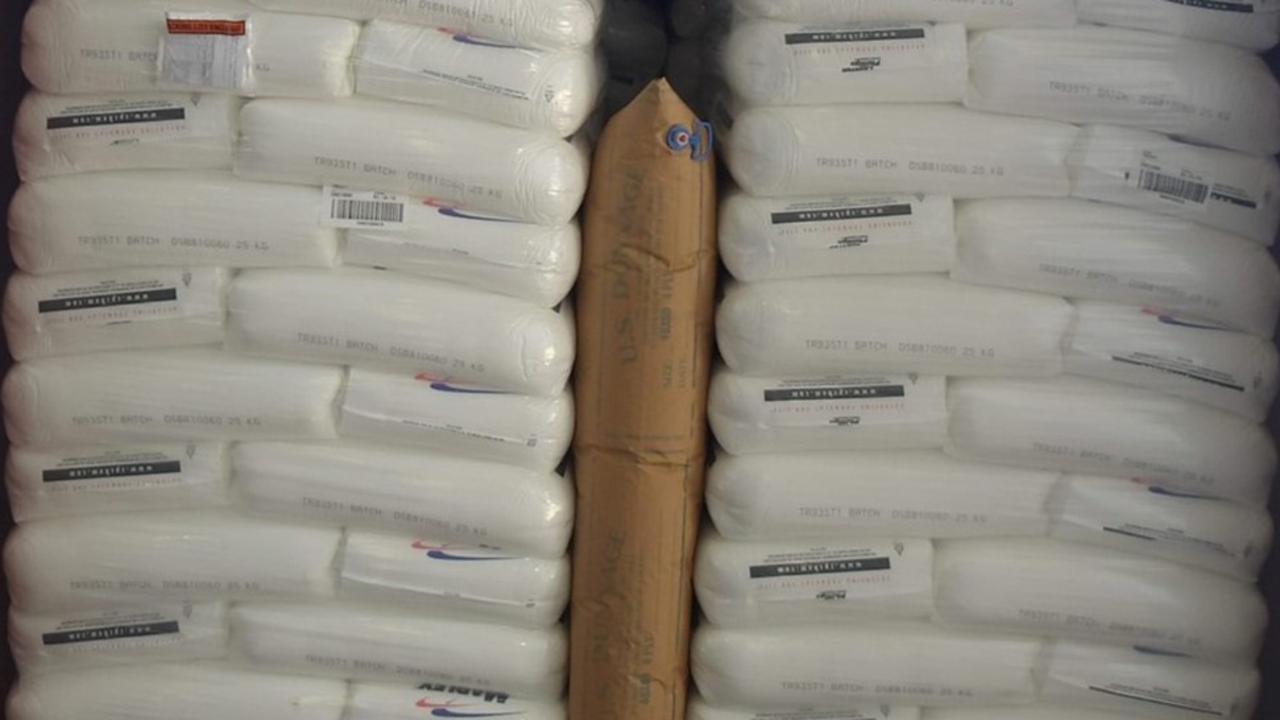How we can stop lone wolf attacks
IN 2015, there’s a threat more serious than Islamic State and we’ve already seen it rear its head. How can we stop it?
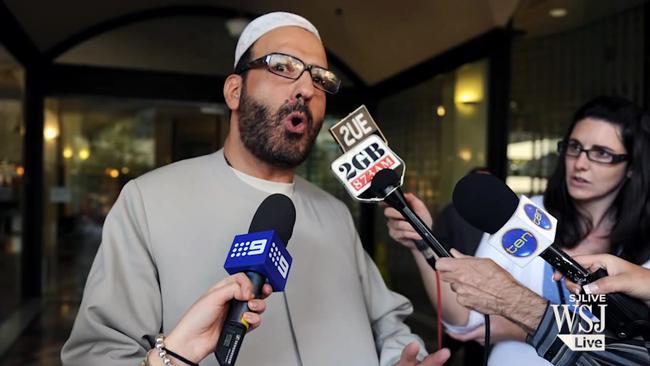
THE world has a problem that it can no longer ignore as lone wolf terrorism continues to bring horror to our doorstep.
What has also become apparent is that it is impossible to monitor every potential lone terrorist, which Prime Minister Tony Abbott acknowledged in an interview on Friday with 2GB.
So how do we effectively prevent deadly attacks such as those that took place in Paris and Sydney?
On Sunday, US President Barack Obama announced he would be hosting a counterterrorism summit on February 18, and while another talkfest may seem like the most mundane response to the violence of terrorism, talking could be the one measure that will make the biggest difference in protecting populations from the continuing threat that groups like Islamic State pose.
As Monash University Professor Greg Barton told news.com.au, there is not much more that the Australian Government could do when it came to “hard security”.
“Australia has already upped our security level (to ‘high’), agencies are well-resourced and we have well-trained personnel,” Prof Barton said.
The Abbott Government has introduced tougher measures that make it easier to prosecute and jail foreign fighters, and it has also boosted security spending by $630 million.
“Apart from learning lessons from operations ... there’s not a whole lot more that we are not doing in relation to hard security,” Prof Barton said.
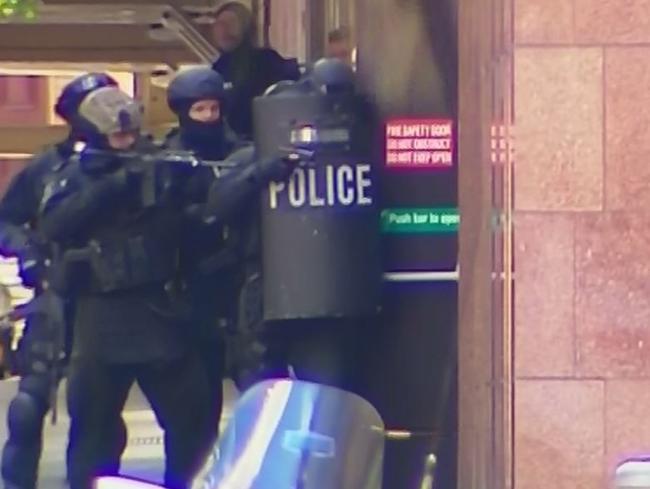
Lone wolf terrorists are difficult to track because they are encouraged to act on the spur of the moment and use easily available items. The fact that they do not need to speak with others about their plans allows them to fly under the radar.
The acting director of the Centre for Islam and the Modern World said that given the limits of surveillance, the greatest gains in security could come from “soft” measures.
“This may well be the area that the biggest improvements could be achieved and we could get significant results,” Prof Barton said.
GREATER COOPERATION
Sometimes government agencies already have information they need in order to prevent an attack but it is not readily provided to other relevant officials in a timely manner.
Prof Barton said that a failure to share information was noted in both The 9/11 Commission Report into the attack on the World Trade Towers in the US, and the Christmas Day attempt to blow up a transatlantic jet by an “underwear bomber”, whose father had warned US authorities about this son’s extreme views.
In Australia, Prof Barton said that cooperation between Australia’s national security service ASIO and police appeared to be a problem.
He said in private state and federal police officers had expressed to him frustrations about the secrecy around ASIO’s activities. This communication problem seems to be structural and possibly due to ASIO’s emphasis on not disclosing information, which is entrenched in legislation that guides the amount of information the spy agency is required to reveal to police.
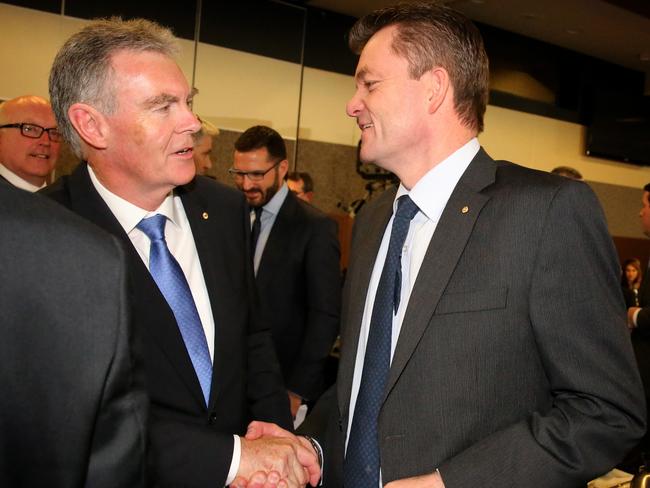
The lack of cooperation between agencies also seemed to dominate the Sydney siege. NSW Police took charge of the operation and Dr Barton said there did not appear to be much involvement from the Australian Federal Police, the military or the Muslim community. While this may have been appropriate, Dr Barton said questions should be asked about whether working with other organisations could have secured a better outcome.
“Maybe (for example) they were correct not to involve untrained community representatives in hostage negotiations, but maybe henceforth we should be training a few imams or other community leaders so we can call on them during hostage situations,” he said.
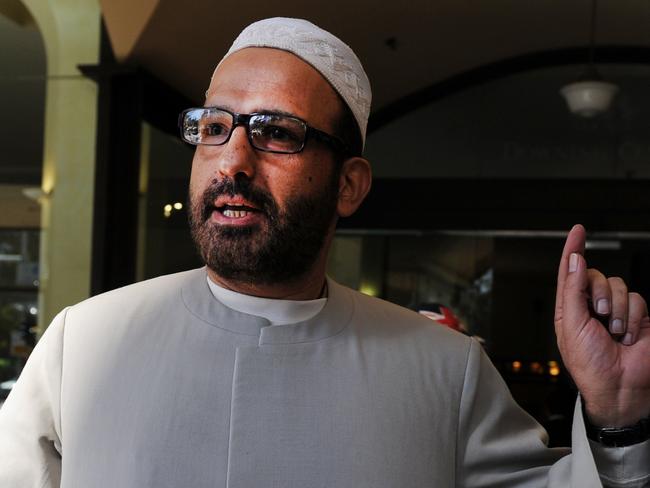
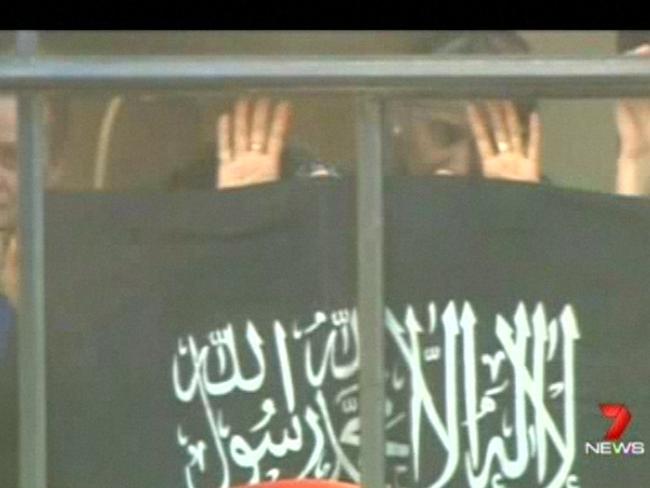
COMMUNITY RELATIONS
There have also been anecdotal reports that ASIO’s “indiscreet and crude” approaches had upset key contacts and had the potential to throw out months of police work aimed at building trust in the community.
Dr Barton said that some had complained about ASIO not treating them in a respectful fashion and that it had not been professional in its interactions. He said that police relations also varied among states, with the Victorian force seen as more connected to its communities, than its NSW counterpart.
A story that emerged in the Fairfax press on Monday speaks to the mistrust that police actions can provoke in communities. During the Sydney siege, the NSW Police reportedly contacted prominent Muslim Rebecca Kay and asked her whether she could help them find an Islamic State flag to give to the gunman.
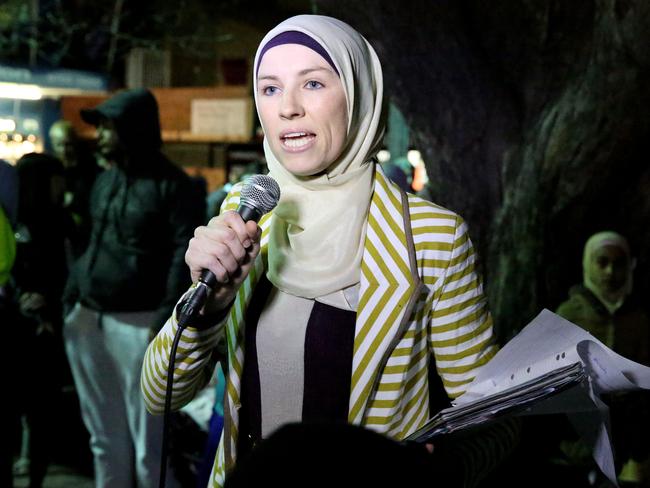
Police did not end up complying with the gunman’s demands but later raided two homes that Ms Kay had contacted, which led to her burning many bridges in her own community.
“Obviously, they were listening to all our phone calls,” Ms Kay told Fairfax.
“I want to be able to have dealings with police ... but when it gets thrown back in your face, it sets us back two steps.”
Dr Barton also said officials did not engage with community members in a systematic or in a well-coordinated fashion when it came to at-risk individuals.
He said there was no systematic follow-up process for individuals who had travelled, or attempted to travel overseas; those who supported foreign fighters, or whose passport had been taken because they were at risk of becoming foreign fighters, or of suspected foreign fighters who had returned to Australia.
In the US for example, since 2011 the counterterrorism effort has started to focus more on social programs and ways of better engaging with at-risk youth.
“The aim is to rehabilitate people if possible and at least to have a better understanding of what’s happening and to intervene if possible,” Dr Barton said.
A GLOBAL APPROACH
The timely sharing of information needs to be extended across borders, with many countries already appearing to be working in this direction.
On Sunday, representatives of 12 nations agreed that increased internet surveillance and tighter border checks were “urgently needed” to foil jihadist attacks.
A joint statement released by the ministers representing 11 EU nations including France, Britain, Germany, Sweden and Poland, as well as the European commissioner for migration and home affairs, and US Attorney General Eric Holder, emphasised their “determination to fight together against terrorism”.
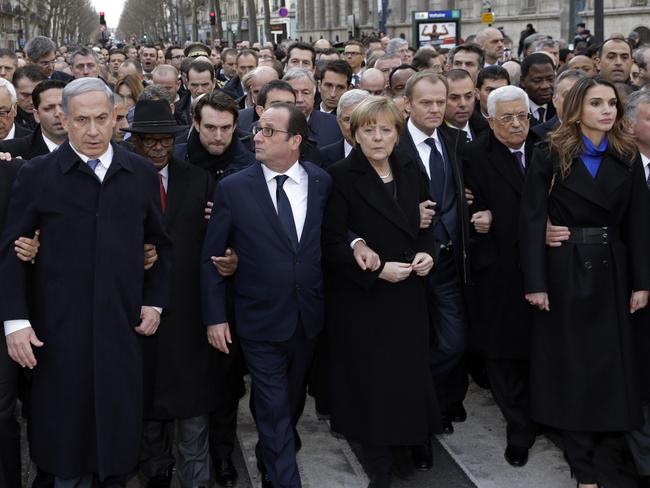
Proposed measures including internet monitoring, screening of travel documents, and a database of passenger information. These will be discussed further at a February 12 European Union summit.
Mr Obama will also host a broader February 18 summit in Washington to “discuss ways in which we can counteract this violent extremism that exists around the world”.
“Only if we work together, through sharing of information, by pooling our resources, will we ultimately be able to defeat those who are in a struggle with us about our fundamental values,” Mr Holder told reporters on Sunday.
French Interior Minister Bernard Cazeneuve said information on “terrorist networks” must be shared between the allied countries. He said existing laws and organisations such as Interpol and its European counterpart Europol already played a role but that a “global approach” was now needed to counter the threat to countries that shared democratic values.
He added that the focus on the internet also highlighted the need to provide positive messages to counter jihadist propaganda attempting to radicalise European youth.

